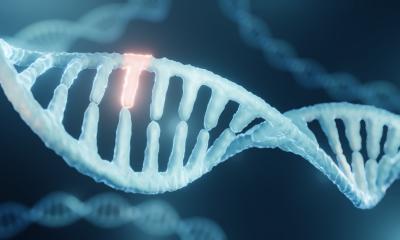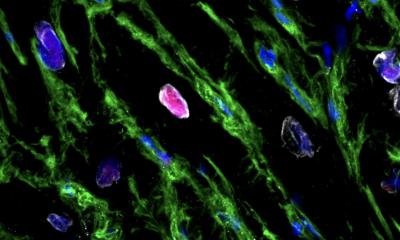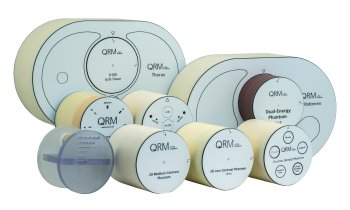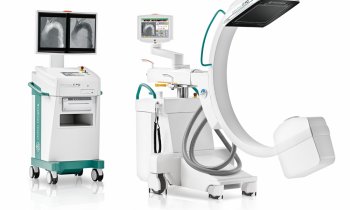Statins are cardioprotective
by Yuejin Yang
Researchers demonstrate decreased 'no-reflow' and better preservation of ventricular function in animals treated for only two days with a statin.

Long-term treatment with statins is known to lower cholesterol and prevent heart attacks and strokes. Now a novel beneficial action of statins has been reported in a study published online in the British Journal of Pharmacology (August - www.nature.com/bjp). This suggests the action only needs a few days of treatment, is independent of cholesterol lowering and helps the heart to recover after a heart attack. Following an attack, blood does not flow correctly into vessels in the heart, even when they open again. Increasing the blood flow in these vessels would decrease the area known as ‘no-reflow’ and restore more of the ventricular function.
Jing-Lin Zhao and colleagues demonstrate decreased ‘no-reflow’ and better preservation of ventricular function in animals treated for only two days with a statin - simvastatin. They also identify the mechanism underlying this cardio-protective action, showing that the observed beneficial effects of simavastatin are abolished by blocking the KATP channel in mitochondria.
Their results suggest that taking statins long-term not only reduces the likelihood of a heart attack, it could also allow the heart to recover more fully from heart attacks by decreasing the damage done to heart muscle.
Author:
Yuejin Yang (Fuwai Heart Hospital, Beijing, China)
e-contact: realplayone@yahoo.com.cn
30.08.2006









